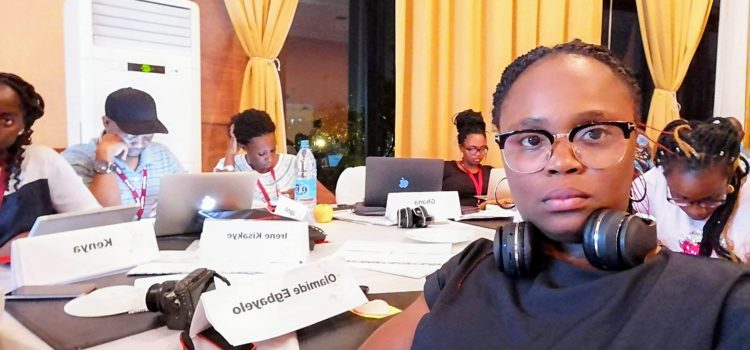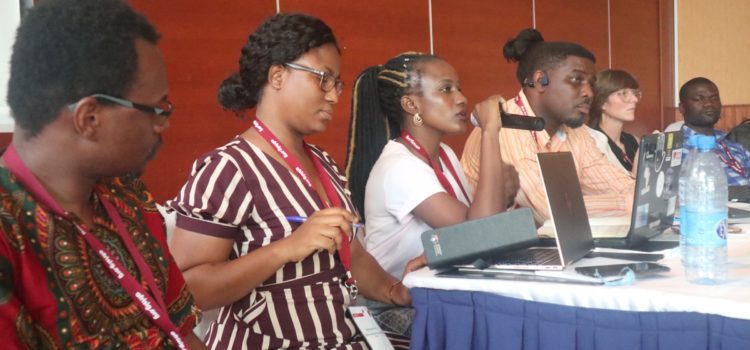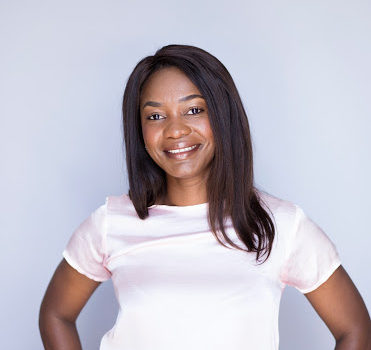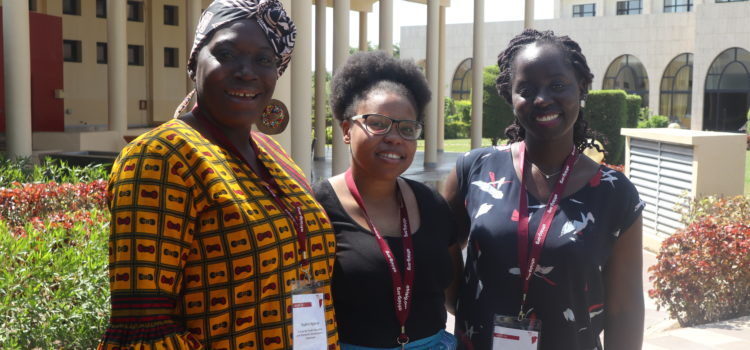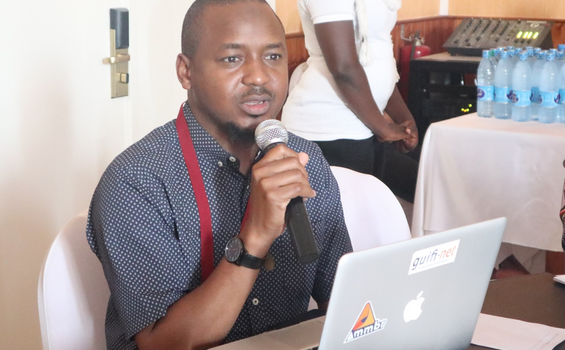I have always been of the opinion that POLICY IS BORING, I say this every time I have the opportunity to be at gatherings where policy discussions, especially tech/internet policies are held and I also ask myself all of these times, what can I do to make these conversations more interesting to the people who the outcomes of these conversations will benefit the most?
Making digital rights and internet governance conversations appealing and relatable with new media
